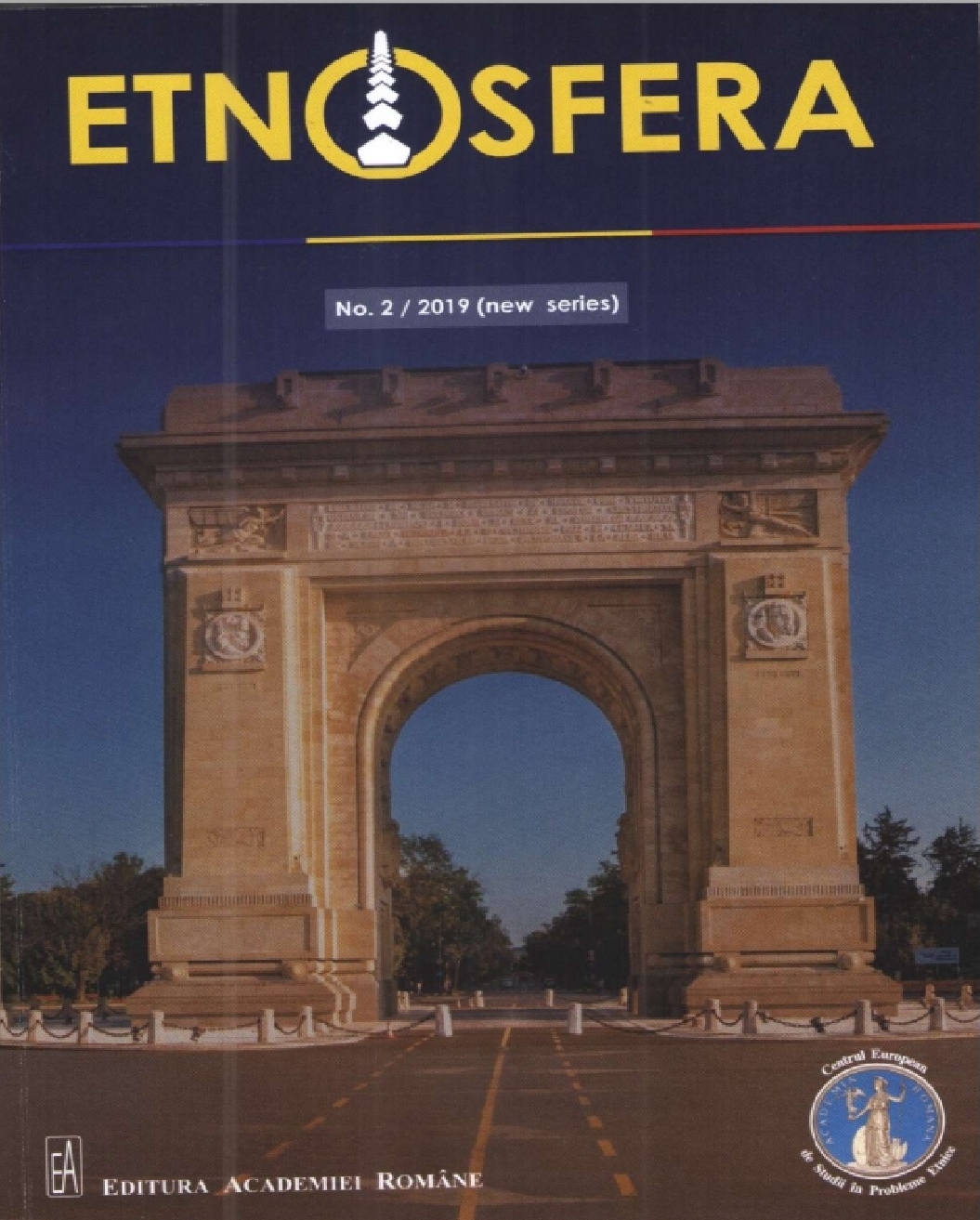The hidden faces of the Communist Nomenclature – elements of oral history (I)
The hidden faces of the Communist Nomenclature – elements of oral history (I)
Author(s): Vlad Ovidiu CioacăSubject(s): Oral history, Studies in violence and power, Post-War period (1950 - 1989), Social Norms / Social Control
Published by: Editura Academiei Române
Keywords: Communist nomenclature;Romanian Communist Party;Security;life in communism;
Summary/Abstract: This article deals with the theme of the communist nomenclature from the perspective of oral history. The approach is at the intersections of three epistemic fields: historiography, sociology and social psychology. We will present, for a start, the historical context taken under consideration and we will take from the sociology of politics a series of theoretical frameworks for defining the communist nomenclature. We considered it imperative to consult the ”key witnesses”, the exponents of the targeted socio-political category, who provided ”first-hand” information about the reality they lived and built. We indentified two outstanding members of the Romanian Communist Party's local structures and conducted semi-direct interviews of the ”life-story” type. We aimed to capture the way and the extent to which the subjects recall the events of their own biography conducted during the communist era, and how these memories were resigned with the passage of time. We also tried to obtain some unprecedented details about the functioning of the party apparatus and the ”backstage” of power before 1989. The limits of the research are the very small size of the investigated group, which is made up of only two subjects, and the boundaries of any approach interpretatios of the ”life story” category: the selective character of memory, the cognitive distortions, the inability to separate personal truth from factual truth, etc. At the same time, we will seek to complete their testimonies with the memory of their victims on the communist nomenclature. We believe that this research brings to the foreground the new perspective of approaching the old nomenclatures, which can generate working hypotheses for large-scale research, mainly based on the analysis of social documents. The value of the interviews is that the subjects were part of the communist repression forces, being a confession of act committed against those who opposed the communization of the country, ”the bandits”. It is the moment when, after 50 years of communism, the executioners actually meet their victims, recognizing the tremendous evil they have done to society.
Journal: Etnosfera
- Issue Year: 34/2019
- Issue No: 2
- Page Range: 59-75
- Page Count: 17
- Language: English

